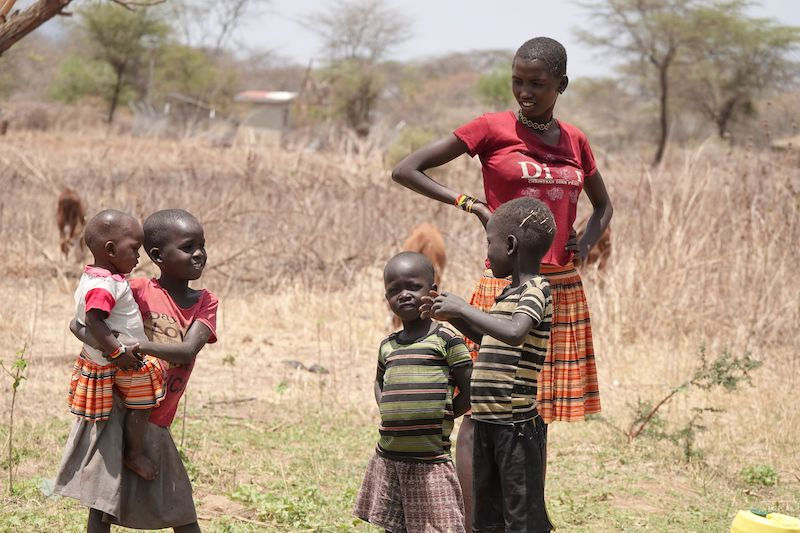Hope Amid the Drought: How an Ugandan Farmer Feeds his Community
- mafhongkong
- May 25, 2023
- 2 min read
Story and Photos by Damalie Hirwa

Extended dry spells in parts of Uganda are leading to major food shortages. With shortages comes high prices of the little food that is available.
About 69% of Uganda’s population depends on subsistence agriculture as a main source of income.

A report by the Uganda bureau of statistics indicates that less than 1% of agricultural households practise irrigation. This is mostly because they can’t afford the equipment to irrigate their land.
But James Lomuget is one of many farmers defying the threat of famine by benefiting from ZOA’s livelihood program that kicked off in Amudat three years ago.

The program offers training in the production and entrepreneurial skills necessary for vegetable farming. This training and support with a percentage to the cost of irrigation equipment is helping James have a good harvest amid the dry and dusty conditions of the region in eastern Uganda.
While his irrigated garden is full of life offered by the green kale and sugarcane, the surrounding areas are dry and offer no hope for the farmer.

“I am supplying vegetables to this community, and to the neighbouring community in Kenya. Having a harvest in the midst of this drought has helped me to not only feed my family, but also to take my children to school,” said James.
MAF partners with ZOA to provide transport to its staff that implement the livelihood projects.
Amudat, near the Kenyan border, is one of the remotest districts in Uganda, with a poor road network. It would take a full day to travel to Amudat if they went by road from the capital Kampala.
Amuko Walter, the project coordinator for ZOA’s livelihood project, says that they support the farmers from preparing the land to positioning themselves for the market.

“We help the farmers with seed selection for the right variety that is suitable for the soils,” he said. “We also train them in weed management, managing pests, post-harvest handling, and we also teach them how to make a business plan. We also link them to financial institutions where they can have access to loans at low interest.”
These basic farming practices are new to these farmers who have not gone to school. And because the Pokot community has cattle keeping tradition, most of the households need training to grow fresh produce.

Amudat experiences dry seasons between September and March and receives rain between April and august. However, the rains have been very erratic in the recent past.
“The dry spell also carries with it pests that destroy the maize plantations. The army worm has on several occasions attacked large gardens and destroyed them completely. There has also been death of people due to hunger, especially the elderly and children,” Amuko adds.
ZOA, a non-government organisation which partners with MAF to bring staff from Kampala, is currently supporting 40 vegetable farmers that each have access to half an acre of land or more.





Comments